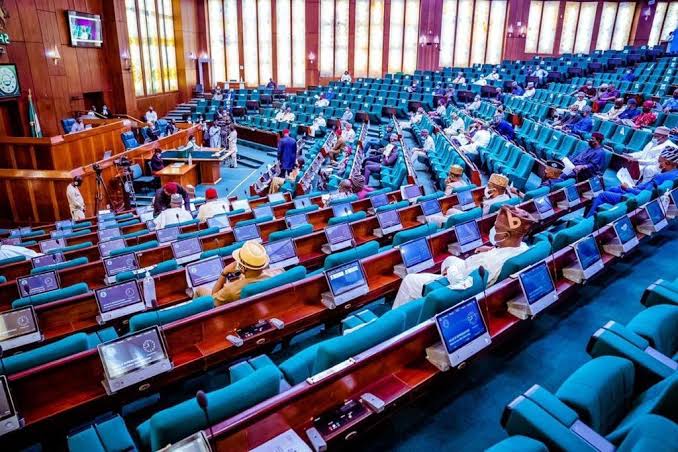By Awolola E. Oluwabukunmi
The Bureau for Public Procurement (BPP) has announced on Monday, July 15, the need to move away from outdated practices and promote a modern world where people prioritize choices that offer superior services and products with high ethical standards and customer service delivery.
The Bureau urged the House of Representatives not to pass the bill seeking to amend the Chartered Institute of Purchasing and Supply Management of Nigeria, as the proposed amendment would conflict with the Bureau’s mandate.
Speaking at a public hearing on the bill, Nasir Bello, Director of Civil Infrastructure, representing the Director General of the Bureau, stated that the amendment would lead to conflicts with the Bureau’s functions.
Bello explained that after reviewing the bill, the Bureau believes that the proposed amendment to section 1(c), which seeks to “provide training, education, and examination of persons desiring to become professional procurers as well as procurement auditors according to the provisions of the Act whether in Nigeria or abroad,” would conflict with section 5(k) of the Public Procurement Act. Additionally, amending section 12 as proposed would conflict with global standards and the Procurement Act. Bello emphasized that the institute should focus on its primary role related to purchasing, procurement, stores, materials, warehouse, logistics management, and procurement chain management in Nigeria and worldwide.
“It should not be allowed to take on functions related to procurement and public procurement, which are the Bureau’s responsibilities. The Bureau, under Section 5(k) of the PPA, works with several higher institutions to handle procurement courses. While the institute may change its name, the scope of its mandate should remain as stated in its current law,” Bello said.
Bello added that if the House decides to allow the proposed amendment, the Bureau wishes to highlight Section 5(s) of the PPA, which designates the Bureau as the Regulator of Public Procurement in Nigeria, responsible for coordinating relevant training programs to build institutional capacity. Therefore, any intended training by the Institute, especially in Public Procurement, must be coordinated by the Bureau.
The PPA 2007 assigns the National Council on Public Procurement and the Bureau of Public Procurement as the regulatory authorities overseeing public procurement. These bodies are tasked with harmonizing government policies and practices, setting standards, developing the legal framework, and building professional capacity for public procurement in Nigeria. The Act aims to remove impediments to effective and efficient public procurement management, including issues such as lack of competition, transparency, and standard bidding documents, while aligning with global best practices through multi-stakeholder engagement.
Bello noted that the world has advanced towards specialization and sector-based professionalization of public procurement, with provisions for specialized services coexisting within the same country or across continents.
The Speaker of the House of Representatives, Hon. Abbas Tajudeen, represented by the House Leader, Hon. Julius Ihonvbare, emphasized that the public hearing reinforces the House’s commitment to an open, participatory, and consultative parliament. This commitment was significantly demonstrated in the recent open NASS Week. Public hearings provide stakeholders and the public with a platform to contribute to the legislative process, ensuring that their views, feelings, and aspirations are reflected in the legislative framework for better legal outcomes.
Speaker stated that effective procurement and supply processes are crucial for economic growth and development and enhance public service delivery. Thus, reforming the Chartered Institute of Purchase and Supply Management is necessary to modernize the profession in line with global standards, enhance practitioner proficiency, and achieve better results in public and private governance.
The Chairman of the House Committee on Public Procurement, Hon. Unyime Idem, noted that the bill is a priority due to its role in shaping professionals in purchasing and supply chain management in Nigeria. It aims to develop high-standard professional skills, ability, and integrity among procurement practitioners. The House committee is committed to upholding the legal and institutional framework for transparency, accountability, value for money, and efficiency in the procurement of works, goods, and services within Ministries, Departments, Agencies, and Parastatals, as stipulated in the Public Procurement Act, 2007.
Hon. Idem stressed that strict adherence to and compliance with the PPA, 2007, is mandatory for all MDAs to avoid legal repercussions and ensure the efficient and ethical utilization of public resources.




